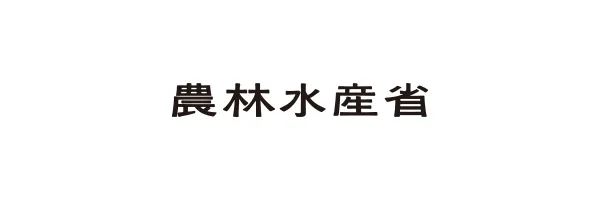

New Opportunities: Organic Alcohol and Livestock Exports to the EU Begin in 2025
New Opportunities for Organic Exports to the EU
Japan is set to expand its organic market by allowing the export of organic alcoholic beverages and livestock products to EU member states starting from May 18, 2025. With this new agreement, products certified under the Japanese Agricultural Standards (JAS) can now be labeled as organic and exported without additional hurdles.
Background and Context
Previously, relations between Japan and EU member nations concerning organic agricultural exports were primarily focused on agricultural products and their processing. In July 2020, Japan initiated regulations for labeling organic livestock products. Subsequently, in October 2022, organic alcoholic beverages were included under the JAS system. As a result, the Ministry of Agriculture, Forestry and Fisheries (MAFF) and the National Tax Agency engaged in dialogues with the EU to enhance trade opportunities. Consequently, it became possible to export not only organic beverages but also livestock and related processed foods, streamlining the process and reducing associated costs.
Details of Export and Import Regulations
The agreement made between Japan and the EU specifies mutual recognition for organic products exported and imported between both regions. Below are the specifics of the agreement:
1. Exports from Japan to EU Member States
- - Scope of Products: This includes organic alcoholic beverages, livestock, and organic processed foods made from these livestock, all produced and processed within Japan under the JAS system.
- - Production Standards: Products must comply with the Japanese Agricultural Standards stipulated in the notifications from the Ministry of Finance and the Ministry of Agriculture, Forestry and Fisheries.
- - Effective Date: The new regulations come into effect on May 18, 2025.
2. Imports to Japan from EU Member States
- - Scope of Products: EU-produced organic alcoholic beverages and livestock products, certified under EU organic standards, are eligible for import into Japan, provided they fall under the JAS system.
- - Production Standards: Compliance is required with Regulation (EU) 2018/848 to ensure that imported products meet stringent safety and quality regulations.
- - Effective Date: These new import standards will be applicable starting May 16, 2025.
Anticipated Outcomes
The anticipated facilitation of organic exports comes with various benefits, including increased market accessibility for Japanese organic products. Farmers and producers are poised to gain from reduced fees and streamlined export procedures. The Japanese sake market, in particular, is expected to receive a significant boost from this new trade agreement, enhancing its global profile.
Conclusion
This strategic move not only allows Japan to expand its organic foot-print in the EU market but also strengthens international relations through agricultural trade. For more details regarding standards and compliance on organic products, the official page of the Ministry of Agriculture, Forestry and Fisheries can provide comprehensive information here.
References and Attachments
- - PDF files detailing the Organic JAS system and the scope of organic equivalence with EU countries are included for further reference.
- Organic Food Equivalence
As the date approaches, stakeholders in the organic sector are encouraged to familiarize themselves with these changes to maximize the upcoming opportunities.
Topics Consumer Products & Retail)










【About Using Articles】
You can freely use the title and article content by linking to the page where the article is posted.
※ Images cannot be used.
【About Links】
Links are free to use.